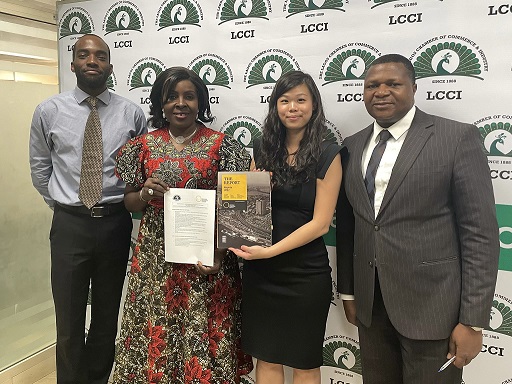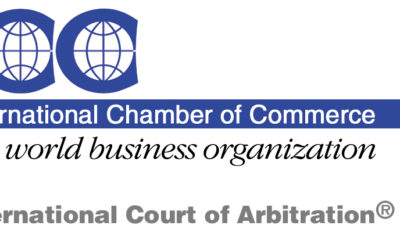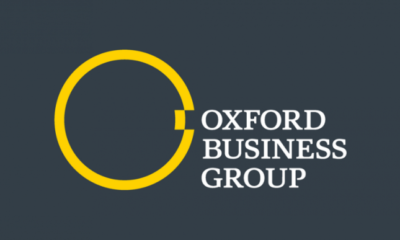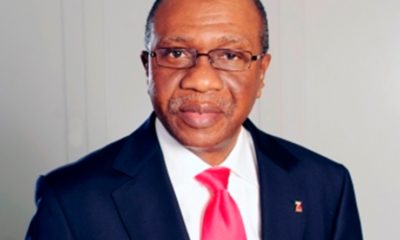Nigeria’s plans to put the private sector at the heart of the next phase of its economic development will be explored in a forthcoming report by the global research and advisory company Oxford Business Group (OBG).
The Report: Nigeria 2023 will look in detail at the key sectors of the country’s economy with high growth potential, which include agriculture, energy, ICT and industry.
It will also consider the important role earmarked for public-private partnerships in supporting Nigeria’s infrastructure development, with major projects such as the Lekki Free Zone and the Lekki-Epe road among those in the spotlight.
The openings that are expected to emerge from the African Continental Free Trade Area will be another focal point, with in-depth analysis provided of the potential that the initiative holds for boosting exports and fostering new trade partnerships.
Other topics set for coverage include a drive under way to encourage innovation and the introduction of tech solutions across the economic sectors, with the aim of galvanising growth in nascent segments, such as fintech.
OBG has signed a new memorandum of understanding (MoU) with the Lagos Chamber of Commerce and Industry (LCCI) as it begins work on The Report: Nigeria 2023. Under the agreement, the LCCI will team up with OBG to produce the Group’s first post-pandemic analysis of Nigeria’s investment opportunities and economic development, and other related content.
The MoU was signed by Wen Qian Chang, Country Director, OBG, and Chinyere Almona, Director General, LCCI.
Commenting after the signing, Almona said that OBG’s new report comes at a time when Nigeria is looking to the private sector to unlock the potential of key legislative reforms put in place in recent years and spearhead a new era of growth.
“These have been challenging times for Nigeria, with recession and high inflation weighing on the country’s economic performance. However, higher oil prices and a rise in post-Covid remittances, are combining to improve the outlook,” she said. “Oxford Business Group is known for producing highly regarded, detailed resources on emerging economies and has consistently provided accurate, in-depth analysis of Nigeria’s economic development over the years. I look forward to working closely with its representatives to highlight the latest openings across the economy as the country prepares for a new chapter in its growth story.”
Chang said she was delighted to have the LCCI on board for OBG’s 2023 report on Nigeria, with the country looking to build on its strengths, led by an abundant supply of natural resources, a sizeable workforce and a vibrant business scene, in the recovery phase.
“Long a regional powerhouse, Nigeria is now assessing the impact of measures adopted during the pandemic aimed at strengthening resilience and enabling the economy to withstand future shocks,” she said. “The private sector is recognised as the linchpin of Nigeria’s economic strength, with businesses ably supported by key organisations such as the Lagos Chamber of Commerce and Industry, which provides a broad range of services aimed at encouraging innovation and growth. I’m thrilled that our research into the many investment opportunities emerging in Lagos and beyond will benefit from the local knowledge and expertise of its members.”
The Report: Nigeria 2023 will mark the culmination of more than a year of field research by a team of analysts from Oxford Business Group. It will be a vital guide to the many facets of the country, including its macroeconomics, infrastructure, banking and other sectoral developments. OBG’s publication will also contain contributions from leading representatives across the public and private sectors.
The Report: Nigeria 2023 will be available online and in print. It will form part of a series of tailored studies that OBG is currently producing with its partners, alongside other highly relevant, go-to research tools, including ESG and Future Readiness reports, country-specific Growth and Recovery Outlook articles and interviews.

















